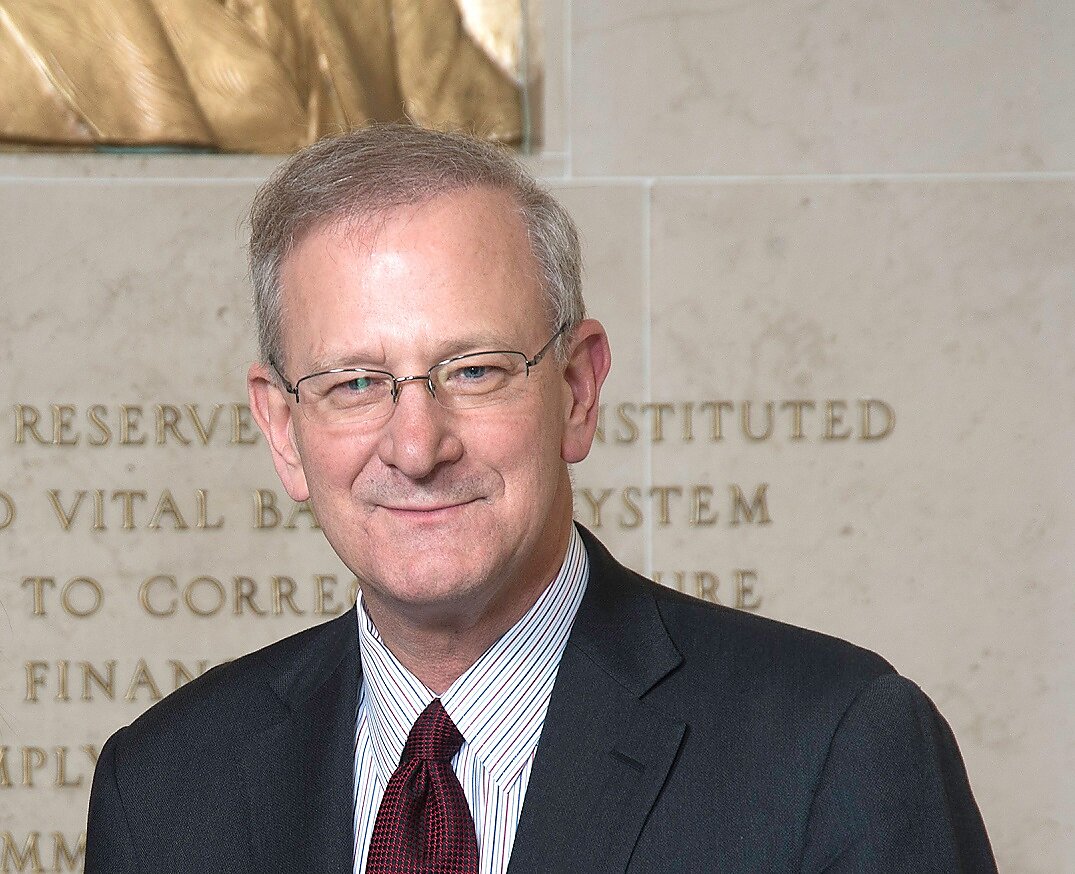“The central bank has to be, in a way, a neutral player, and yet we find ourselves trying to stimulate, and the effect is further leveraging,” he said. “If I thought zero rates would bring jobs, I’d want it forever. But it distorts the economy.”
He continued, “In 2003, when we lowered rates and kept them there because unemployment was 6.5 percent — look at the consequences.” Those consequences included the nation’s mortgage feast, followed by its current economic famine.
Returning home, I read this comment from Bill Woolsey on David Beckworth’s blog:
I am a bit of an ABCT skeptic, but I am more and more concerned that using a commitment to keep interest rates low in the future is the most likely way to generate malinvestment. In my view, the way to avoid malinvestment despite errors in monetary policy is for people to understand that future short term rates will reflect future conditions. An investment project that is only profitable if short term rates are maintained into the future, is an error. And, by the way, having the Fed purchase long term bonds to directly lower long term rates has a similar problem.
Although I don’t call myself an Austrian economist, and am more than happy find fault with arguments by self-styled “Austrians” that I think unsound, I can’t help feeling that Hayek deserves a lot more credit than he’s getting for having put forward a theory which, whatever its general merits may be, seems to fit the recent boom-bust experience so well. So far as I’m aware, Mr. Hoenig never mentions Hayek, and may not even be aware of the overlap between his own thinking and Hayek’s theory. Bill Woolsey, on the other hand, knows about the ABCT, sees the fit to recent experience, but remains a “skeptic.” I wonder whether he is merely indicating his disagreement with those more fervent proponents of the theory who seem to insist that it is the only valid theory of cycles.
In any event it seems to me that anyone who believes that the recent bust is to some important extent a consequence of past malinvestment that was sponsored by easy monetary policy ought to acknowledge the fact that F.A. Hayek spent much of his early career warning against this very possibility, and later won a Nobel prize for the work in question. That something akin to his theory, if not the very thing itself, is now subscribed to by many non-Austrians, either with no mention of Hayek’s contribution or with somewhat grudging acknowledgment of it only, seems to me both strange and unfair.


